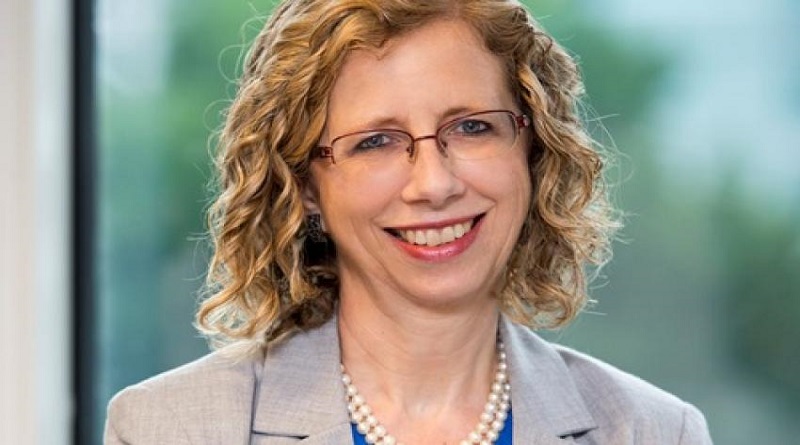One year after adoption, Global Framework on Chemicals launches first call for projects in developing countries
One year after its adoption in Bonn, the Global Framework on Chemicals on Tuesday 1st October 2024 launched its first call for projects targeting the safe and sustainable management of chemicals and waste. The selected projects are expected to work on green and sustainable solutions and to channel actions to prevent and minimize harm from chemicals and waste in some of the world’s most disadvantaged countries.
“Pollution and waste constitute a daily crisis for people’s health, undermine economic activity, and leave nature permanently scarred,” said Sheila Aggarwal-Khan Director of the UNEP Industry and Economy Division. “Today the historic Framework is turning from text into practice and providing concrete benefits for those at the frontlines of this crisis.”
At the Fifth International Conference on Chemicals Management, held in September 2023 in Bonn, delegates from around the world representing governments, private sector, civil society, academia and youth adopted the Framework. During the conference this dedicated trust fund was set up to support low-and middle-income countries, including small island developing states, in addressing chemicals, including products and waste in line with international standards.
Selected projects will receive 300,000 to 800,000 USD for up to three years to support transformative change to prevent and minimize harm from chemicals and waste and to protect the environment and human health, including vulnerable groups and workers. Such projects will need to have co-financing and in-kind contributions of at least 25 per cent. Governments can apply for funding as well as civil society networks, subject to an agreement with the respective government.
The fund is aiming for medium-scale projects that strengthen national and regional capacities on chemicals and waste management, support the national policies and regulations, advance solutions along the value chain, and work with ministries, regional centres, health networks, major industry sectors, investment and development banks, small businesses, as well as civil society. Priority will be given to projects that ensure their long-term sustainability beyond the Fund’s three-year funding.
The Framework outlines a set of 28 targets to address chemicals, including the prevention of illegal trade and trafficking of chemicals and waste, the implementation of national legal frameworks, the alignment of financial flows, the phase out of highly hazardous pesticides in agriculture by 2035, the transition to safer and more sustainable chemical alternatives and greater transparency and access to information regarding chemicals and their associated risks.
The fund – which complements existing financial mechanisms, including those designed to tackle the two other planetary threats of climate change and biodiversity loss – has received initial support of around 27 million USD, primarily from Germany, as well as the Netherlands, Spain, Switzerland, the United Kingdom, and the International Council of Chemical Associations. Applicants will be able to learn more in a series of webinars on the Fund, its priorities, and on how to apply.
The Global Framework on Chemicals is humanity’s blueprint for a planet free of harm from chemicals and waste. This multi-sectoral agreement focuses on chemicals and waste and calls for the prevention of illegal trade, the strengthening of national legal frameworks, the elimination of highly hazardous pesticides in agriculture by 2035, the alignment of financial flows and the need to work with supply chain actors.




